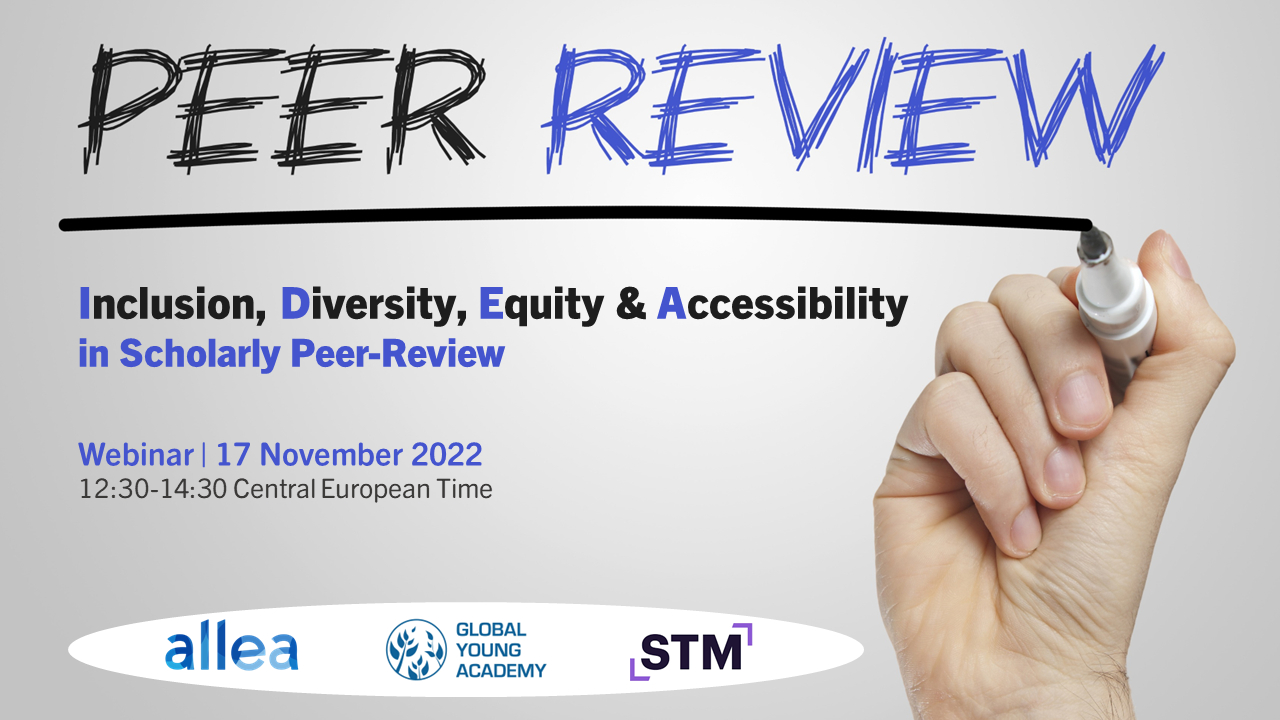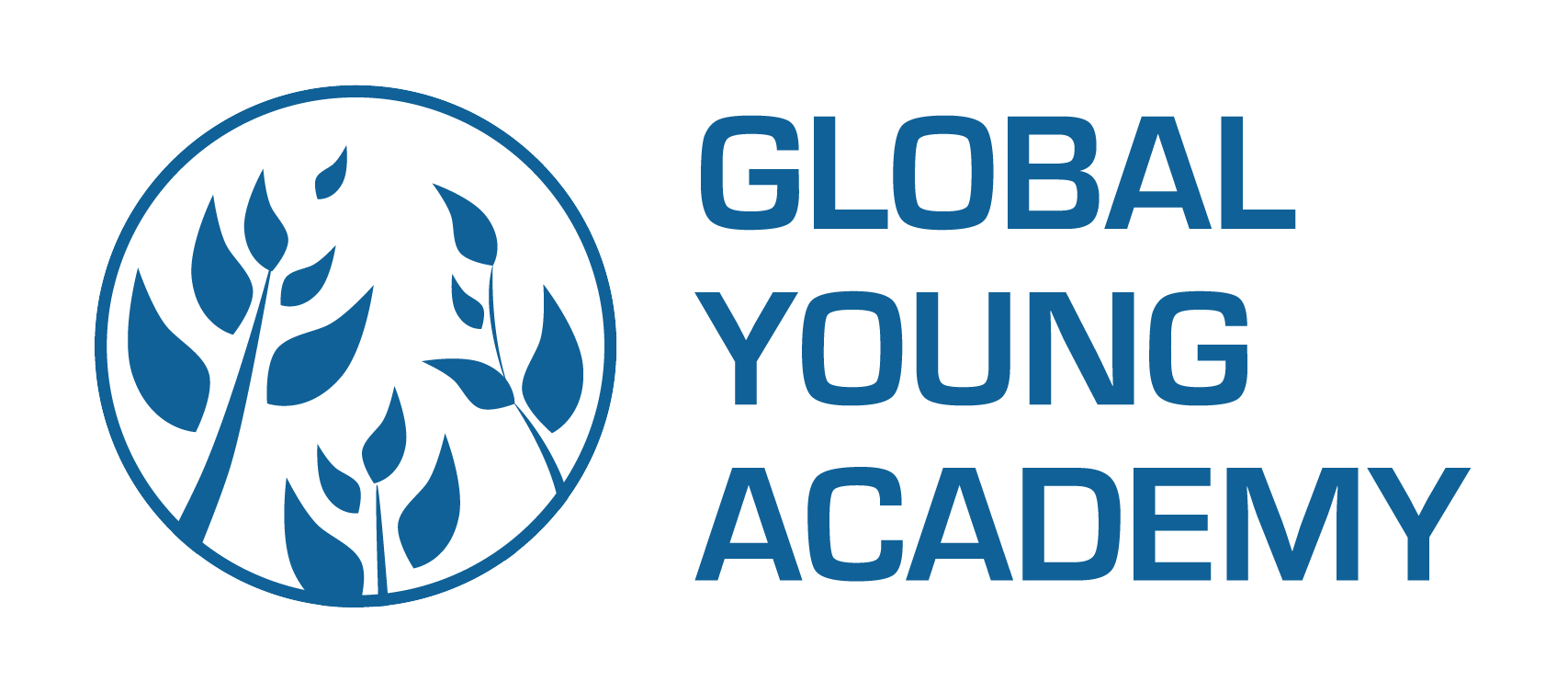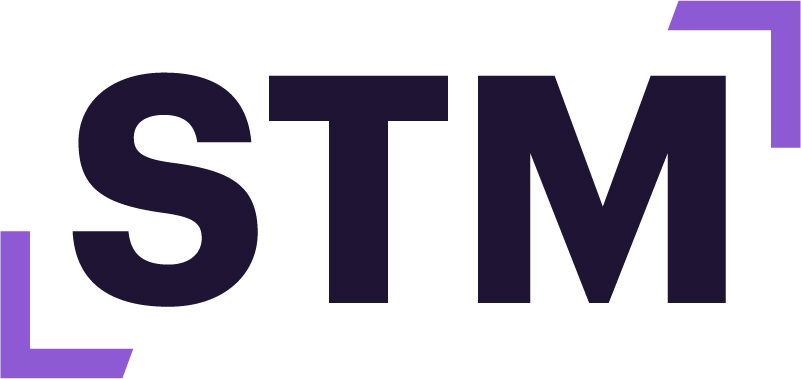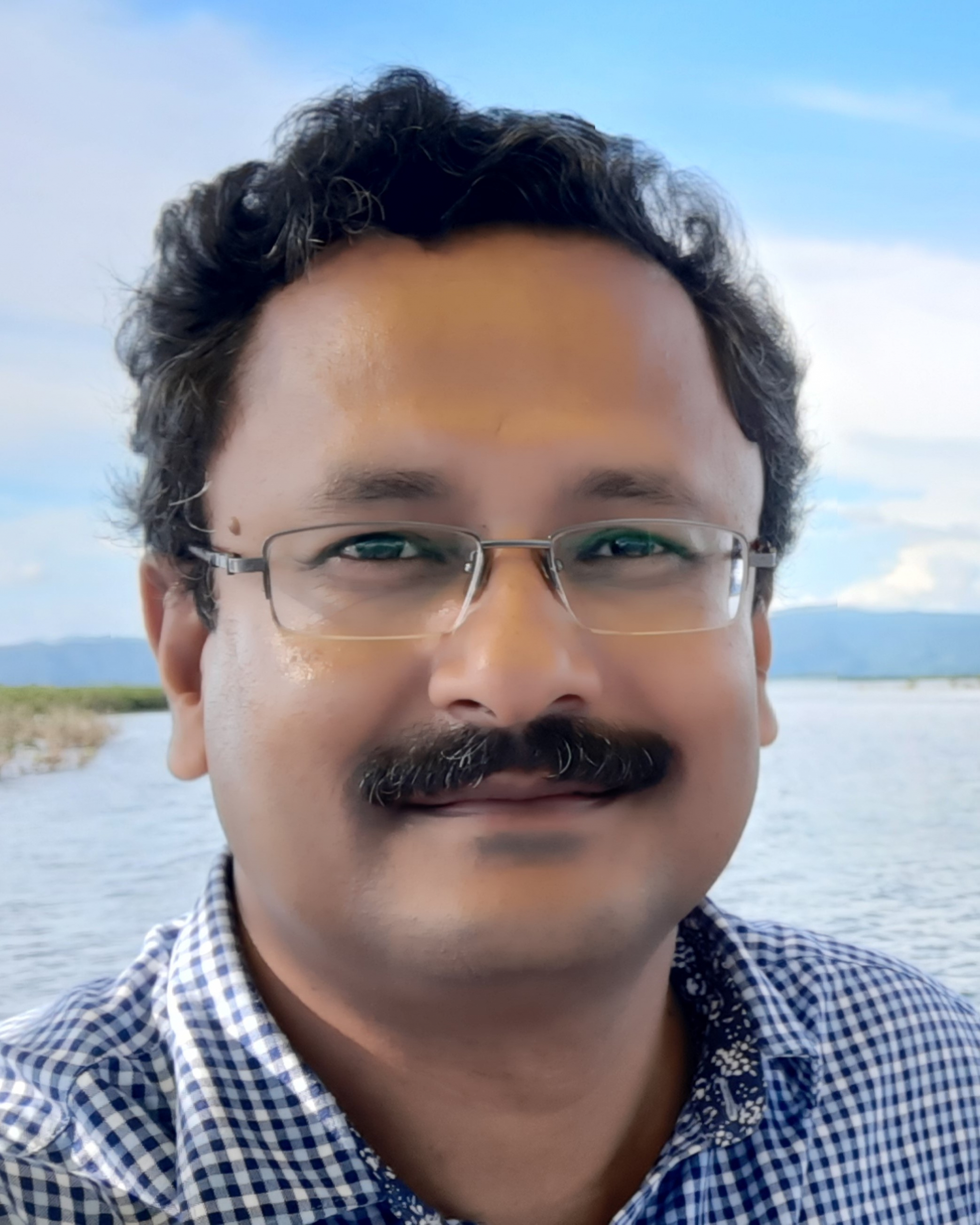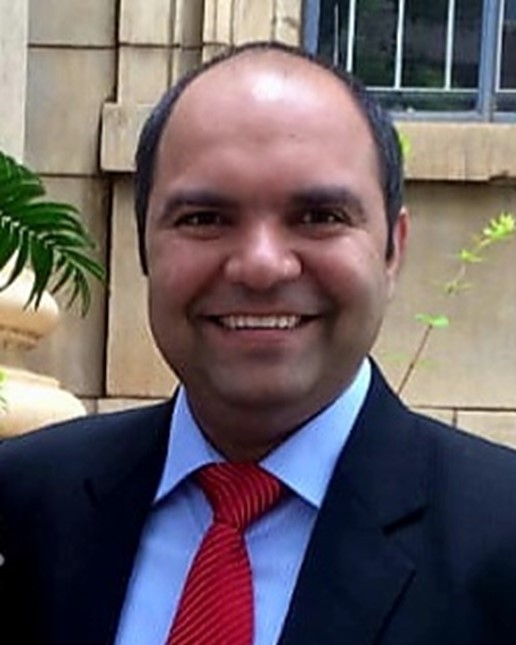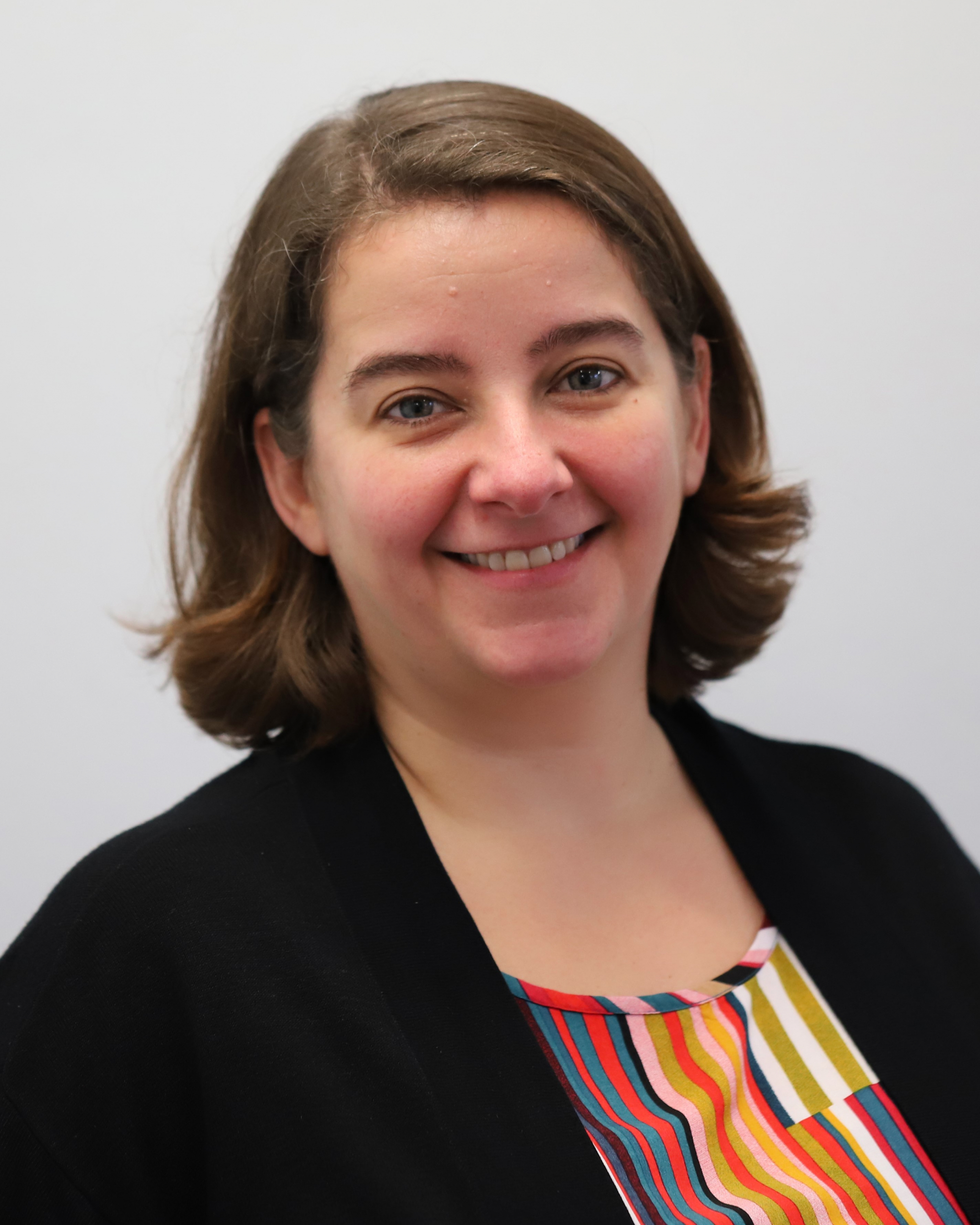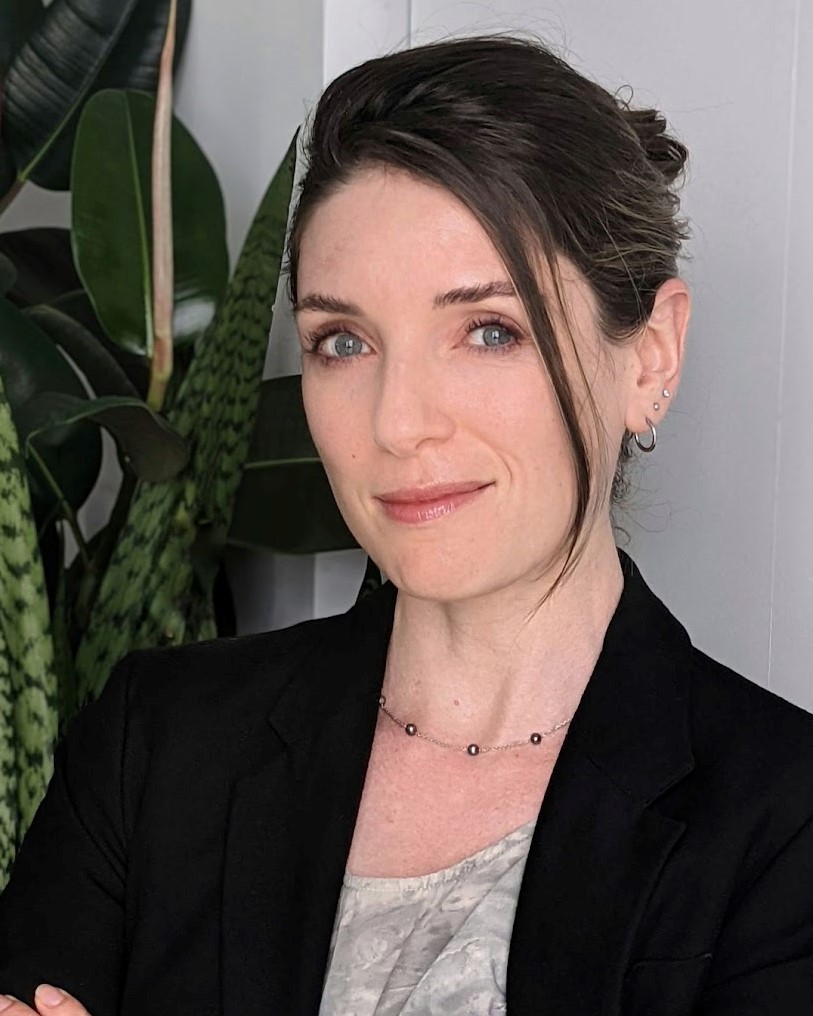ALLEA – GYA – STM Webinar on Inclusion, Diversity, Equity and Accessibility (IDEA) in Scholarly Peer Review
In this upcoming joint webinar, ALLEA (All European Academies), GYA (The Global Young Academy) and STM (International Association of Scientific, Technical and Medical Publishers) will explore issues related to Inclusion, Diversity, Equity and Accessibility (IDEA) in the scholarly peer review system. The peer review system currently does not accurately represent the research community as a whole: women, researchers from the Global South and less-established institutions, early career researchers, and non-native English speakers are all among those under-represented. In addition, researchers not affiliated with established high-status institutions often experience a disadvantage when their work is submitted for peer review. Together, these biases directly affect individuals’ career progression and are likely to impact the quality of research outputs and diversification of the research system in general.
A moderated discussion with four distinguished panellists will address these challenges and ideas for new, vigorous approaches to improve IDEA in peer review.
Panel discussion
The panel will be moderated by Jessica Polka, Executive Director ASAPbio. Panelists include:
- Michael Barber, Emeritus Professor, Flinders University Australia, and a steering group member of the International Science Council’s Future of Scientific Publishing project.
- Haseeb Irfanullah, Consultant and part-time visiting fellow at University of Liberal Arts in Bangladesh
- Pradeep Kumar, Personal Professor at University of the Witwatersrand, South Africa, and a member of the GYA
- Nicola Nugent, Royal Society of Chemistry, Publishing Manager Quality and Ethics, and STM member
EVENT RECORDING
SAVE THE DATE
17 November 2022
12:30 – 14:30 (CET)
TYPE OF EVENT
Online event
Open to the public, registration required
ORGANISERS
CONTACT PERSON
Dr Mathijs Vleugel
Scientific Policy Officer
vleugel@allea.org
Who should attend?
Academics, researchers, publishers, editors, funders, policymakers — anyone interested in advancing social justice within the global scholarly peer review system.
Why attend?
- To learn more about the causes and consequences of issues surrounding IDEA (Inclusion, Diversity, Equity and Accessibility) in scholarly peer review
- To exchange experiences regarding IDEA related challenges for peer reviewers and authors, help to identify gaps in the current system and to explore how biases can be better addressed.
Some key questions that will be covered:
- Structural biases in peer review; what causes and reinforces them?
- What are the consequences of such biases for individuals, the quality of research outputs, and the research ecosystem as a whole?
- How can we build a more diverse pool of reviewers, and what role can data on peer reviewers and authors support this?
- How can various peer review models promote – or impede – IDEA?
About the organizers
In November 2020, ALLEA, GYA and STM convened two half-day discussion workshops about ”the future of peer review in scholarly communications” with a mix of invited representatives from the research community, research funders, universities, publishers, libraries, Open Science champions and trade bodies. The goal of the workshops was to bring together a wide variety of opinions and perspectives about the value, hurdles, unknowns, challenges and advantages that accompany peer review in a world that is rapidly and radically changing. A summary of discussions can be found here.
About ALLEA
ALLEA is the European Federation of Academies of Sciences and Humanities, representing more than 50 academies from over 40 EU and non-EU countries. Since its foundation in 1994, ALLEA speaks out on behalf of its members on the European and international stages, promotes science as a global public good, and facilitates scientific collaboration across borders and disciplines. Jointly with its members, ALLEA seeks to improve the conditions for research, to provide the best independent and interdisciplinary science advice available, and to strengthen the role of science in society. In doing so, ALLEA channels the expertise of European academies for the benefit of the research community, decision-makers and the public. ALLEA is constituted as a non-for-profit association and remains fully independent from political, religious, commercial or ideological interests.
Contact: Mathijs Vleugel, Scientific Policy Officer (vleugel@allea.org)
About GYA
The vision of the GYA (the Global Young Academy) is science for all; science for the future, and its mission is to give a voice to young scientists and researchers around the world. The GYA, founded in 2010, is an independent science academy of 200 outstanding early- to mid-career researchers from six continents who are selected from across disciplines based on their academic excellence and commitment to engage with society. GYA members serve five-year terms, and the GYA presently counts members and alumni from 100 countries. The GYA administrative office is publicly funded and hosted at the German National Academy of Sciences Leopoldina. The wide array of GYA activities is supported by a range of international public and private funders.
Contact: Anna-Maria Gramatté, GYA Senior Project Officer (anna-maria.gramatte@globalyoungacademy.net)
About STM
At STM (the International Association of Scientific, Technical and Medical Publishers), we support our members in their mission to advance research worldwide. Our over 140 members based in more than 20 countries around the world collectively publish 66% of all journal articles and tens of thousands of monographs and reference works. As academic and professional publishers, learned societies, university presses, start-ups and established players, we work together to serve society by developing standards and technology to ensure research is of high quality, trustworthy and easy to access. We promote the contribution that publishers make to innovation, openness and the sharing of knowledge and embrace change to support the growth and sustainability of the research ecosystem. As a common good, we provide data and analysis for all involved in the global activity of research.
Contact: Barbara Kalumenos, Director Public Affairs (Kalumenos@stm-assoc.org)
SPEAKERS
Emeritus Professor Michael Barber AO, FAA, FTSE
Professor Barber is an internationally recognised applied mathematician and computational scientist, former vice-chancellor of Flinders University and a former senior executive of CSIRO. He is a Fellow of the Australian Academy of Science and has served as its Secretary, Science Policy and Treasurer. Currently, he is a member of the Steering Committee for the International Science Council’s project on the Future of Scientific Publishing. He has particular interests in the role of data and strengthening research integrity. He was the lead author of the recent report by the Academy of Science on Advancing Data-Intensive Research.
Dr Haseeb Irfanullah
Dr Haseeb Irfanullah is a biologist-turned-development facilitator, who often introduces himself as a research enthusiast. Over the last two decades, he has worked for development organisations, academic institutions, donors, and consulting firms in different capacities. Currently, he is an independent consultant on environment, climate change, and research system and is also involved with the University of Liberal Arts Bangladesh (ULAB) as a visiting research fellow. An Associate of INASP (UK) and an Associate Editor of ALPSP’s Learned Publishing, he has been mentoring young researchers, and designing and facilitating training sessions and dialogues for them and journal editors to improve their understanding of journal publishing standards and practices. A Chef of The Scholarly Kitchen blog, Haseeb has a PhD in aquatic ecology from the University of Liverpool, UK.
Professor Pradeep Kumar
Pradeep Kumar is a Personal Professor of Pharmaceutical Sciences at Wits’ Department of Pharmacy and Pharmacology. He has an experience of 14+ years in academic teaching and research in molecular pharmaceutics and bioengineering, with regenerative medicine for neurotrauma as the research focus. In addition, he performs in silico mathematical analysis and programming for performance interpretation of drug-eluting assemblies and polymer architectures. Prof. Kumar, an active member of the Global Young Academy (GYA) and the South African Young Academy of Science (SAYAS) proudly represents South Africa on the ORCID Researcher Advisory Council; OECD Global Science Forum’s Expert Group on the Research Precariat Project; Expert Group Member for the IAP Statement on Regenerative Medicine; Young Physician Leaders Program; and Faculty for Business Case Laboratory at the Life Science Entrepreneurship Academy (LISEAD), ESMT Berlin. In South Africa, he is a Steering Committee member of the ASSAf Scientific Advisory Group on Emergencies (SAGE) and leads the Research Portfolio in the Gauteng Department of Health’s Spinal Cord Injury Work Group.
Dr Nicola Nugent
Dr Nicola Nugent is Publishing Manger, Quality & Ethics at the Royal Society of Chemistry, where she is the strategic lead for quality and impact across journals and books. She has responsibility for the journals peer review strategy, as well as publishing ethics, and inclusion & diversity in publishing. Nicola leads the “Joint commitment for action on inclusion and diversity in publishing”, bringing together over 50 publishing organisations to accelerate progress on I&D in scholarly publishing. Nicola has over 15 years’ experience in STM publishing in a variety of operational and strategic roles, with an editorial focus. She has a PhD in Chemistry from the University of Bristol, UK.
Dr Jessica Polka
Jessica Polka, PhD serves as Executive Director of ASAPbio, a researcher-driven nonprofit organization working to promote innovation and transparency in life sciences publishing in areas such as preprinting and open peer review. Prior to this, she performed postdoctoral research in the department of Systems Biology at Harvard Medical School following a PhD in Biochemistry & Cell Biology from UCSF. Jessica is also a Plan S Ambassador, an affiliate of the Knowledge Futures Group, and a steering committee member of Rescuing Biomedical Research.

